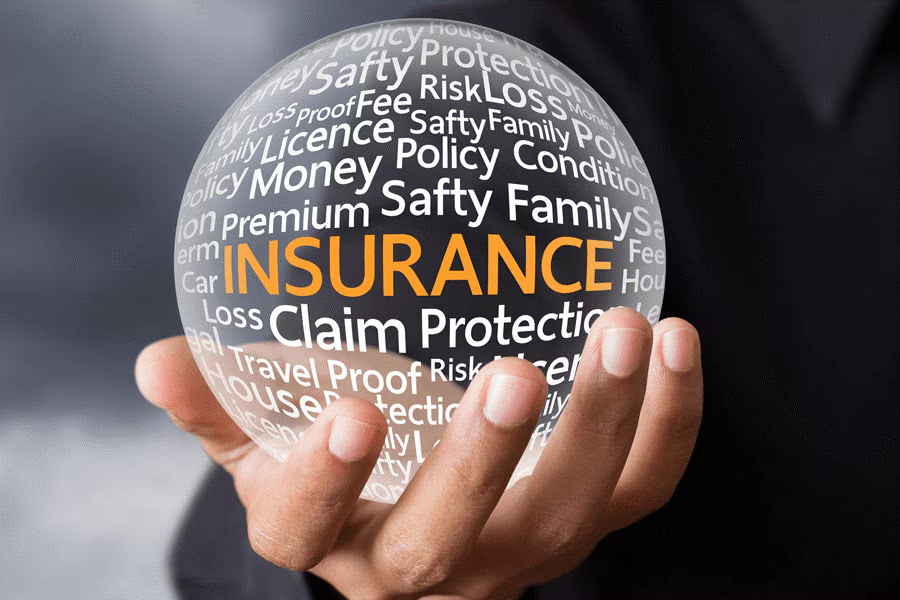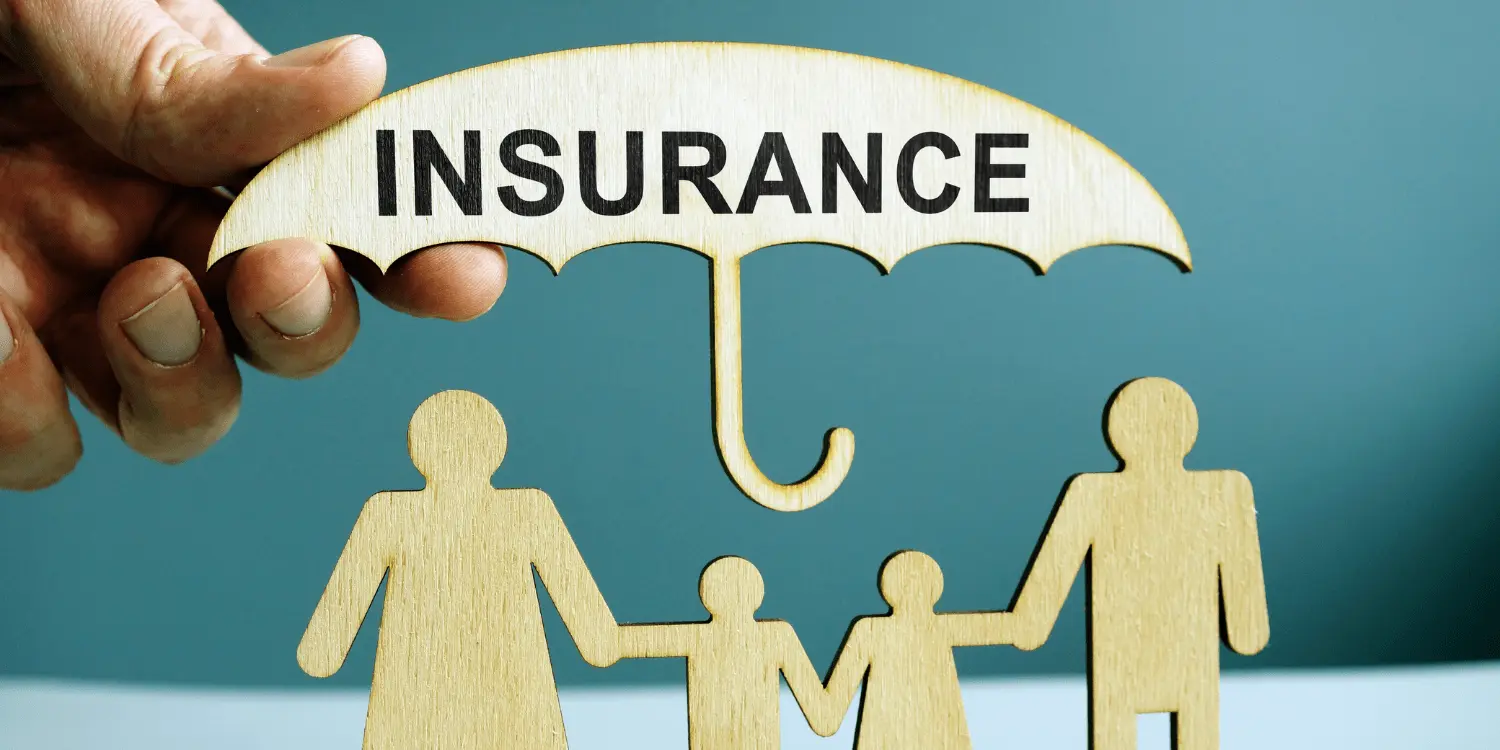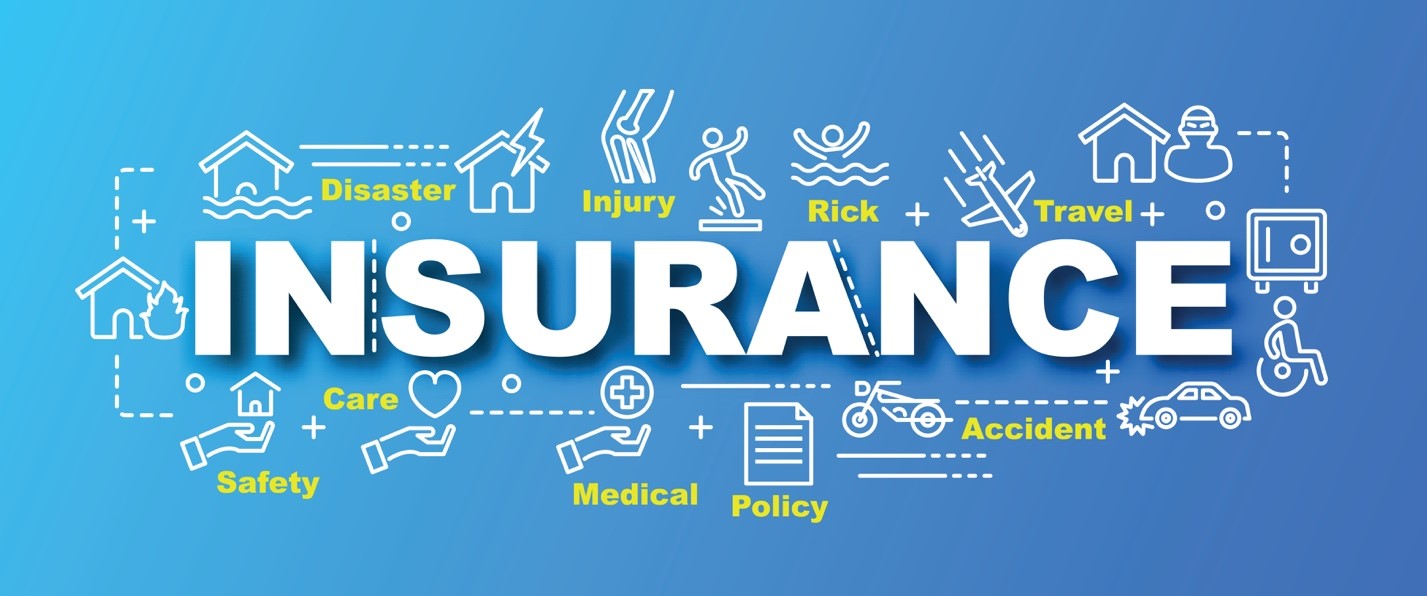Purchasing a vehicle from an insurance auto auction can be an attractive option for budget-conscious buyers, car enthusiasts, and those seeking project cars. These auctions offer vehicles that have been declared total losses by insurance companies, often due to accidents, floods, or other incidents. While the potential for significant savings exists, it’s essential to approach such purchases with caution and thorough understanding.

Key Takeaways
- Due Diligence is Crucial: Always research the vehicle’s history and condition before bidding.
- Understand the Risks: Be aware of the potential challenges associated with salvage or rebuilt title vehicles.
- Prepare for Additional Costs: Factor in repair, registration, and insurance expenses when budgeting.
- Seek Professional Assistance: If unsure, consult with professionals or experienced individuals in the field.
Understanding Insurance Auto Auctions
Insurance auto auctions are platforms where vehicles that have been deemed total losses by insurance companies are sold to the highest bidder. These vehicles typically come with salvage or rebuilt titles, indicating they have sustained significant damage. The primary purpose of these auctions is to allow insurance companies to recover some of the costs associated with the total loss claims.
How Do These Auctions Work?
- Vehicle Sourcing: Insurance companies identify vehicles that have been declared total losses.
- Listing: These vehicles are listed in online or physical auctions.
- Bidding: Registered bidders place bids on the vehicles.
- Sale: The highest bidder wins the vehicle and is responsible for any associated fees and transportation costs.
Pros of Buying from Insurance Auto Auctions

Cost Savings
One of the most compelling reasons to consider purchasing from an insurance auto auction is the potential for significant savings. Vehicles can often be acquired for a fraction of their market value. For instance, a car valued at ₹10,00,000 might be available for as low as ₹3,00,000, depending on its condition and the extent of damage.
Wide Selection
Insurance auto auctions offer a diverse range of vehicles, including sedans, SUVs, trucks, and luxury cars. This variety provides buyers with numerous options to choose from, catering to different preferences and needs.
Potential for Restoration Projects
For car enthusiasts and hobbyists, these auctions present opportunities to acquire vehicles for restoration. With the right skills and resources, a damaged vehicle can be transformed into a fully functional and aesthetically pleasing car.
Access to High-Value Vehicles
| Vehicle Type | Market Price (₹) | Auction Price (Estimated ₹) | Potential Savings | Condition at Auction | Opportunity |
|---|---|---|---|---|---|
| BMW 5 Series | 70,00,000 | 20,00,000 – 30,00,000 | 40–60% | Minor collision damage | Luxury car ownership at lower entry cost |
| Toyota Fortuner | 45,00,000 | 15,00,000 – 20,00,000 | 50–65% | Flood or cosmetic damage | Premium SUV for off-road or family use |
| Mercedes-Benz C-Class | 60,00,000 | 25,00,000 – 30,00,000 | 45–60% | Rear-end damage | Ideal for experienced repair professionals |
| Audi A6 | 70,00,000 | 22,00,000 – 30,00,000 | 50–65% | Engine or front-end damage | Great option for rebuilders or auto shops |
Some vehicles sold at these auctions are high-end models that have been involved in accidents. Purchasing such vehicles at a lower price and restoring them can lead to substantial financial gains upon resale.
Pros:
- Lower Prices:
- Cars at insurance auto auctions are typically sold at a fraction of their retail value. If you’re willing to put in some work to repair a vehicle, you can snag a bargain.
- Variety:
- These auctions often have a wide range of cars, from those with minor damage to those with more severe issues. It can be an opportunity to find unique or rare vehicles.
- Potential for a Good Deal:
- If you have the mechanical know-how or the right connections, you could buy a car that requires minimal work and end up with a great deal.
- Access to Salvage Cars:
- Some buyers look for vehicles with a “salvage” title, which may be a cheaper option if you plan to fix the car up yourself or resell it.
Cons:
- Condition of the Car:
- Many cars at insurance auctions have been in accidents or have significant damage. Some vehicles might only be good for parts. You need to know what you’re buying.
- No Test Drives:
- At most insurance auto auctions, you can’t test drive the car before bidding. This means you’re taking a bit of a risk, especially if the car has hidden mechanical or structural issues.
- Unknown History:
- You might not have access to a full history of the car (such as prior accidents or repair records), which can leave you uncertain about long-term reliability.
- Salvage Titles:
- Cars sold with salvage titles may not be insurable or may be difficult to register in some states. Additionally, they often have a lower resale value. You also might have trouble getting financing on a salvage title car.
- Buyer’s Premium:
- Some insurance auctions charge additional fees, like buyer’s premiums, which can add up quickly and make the final price less of a deal than it appeared to be initially.
Tips for Success:
- Do Your Research:
- Know what you’re looking for, and have a budget in mind. It’s also helpful to research the typical repair costs for the vehicles you’re interested in.
- Inspect the Car:
- If possible, attend an inspection day to check out the cars before the auction begins. This will give you a better sense of the condition.
- Be Prepared to Walk Away:
- Auctions can be competitive, and it’s easy to get caught up in the excitement. Stick to your budget and be prepared to walk away if the price goes higher than you’re willing to pay.
- Know the Laws in Your Area:
- Make sure you understand the regulations and paperwork required to buy and register a car with a salvage or rebuilt title in your state.
Cons of Buying from Insurance Auto Auctions
Hidden Damages
Many vehicles sold at insurance auto auctions have sustained significant damage that may not be immediately apparent. Structural issues, frame damage, and hidden mechanical problems can lead to costly repairs and safety concerns.
Salvage or Rebuilt Titles
Most vehicles in these auctions come with salvage or rebuilt titles, which can complicate future resale and insurance processes. Insurance companies may be reluctant to provide full coverage for such vehicles, and potential buyers may be hesitant due to the vehicle’s history.
Limited Warranty and As-Is Sales
Vehicles purchased from insurance auto auctions are typically sold “as-is,” meaning there is no warranty or guarantee regarding their condition. Buyers assume all risks associated with the vehicle, including potential hidden issues.
Potential Legal and Registration Challenges
Depending on local regulations, registering a vehicle with a salvage or rebuilt title can be a complex process. In some regions, additional inspections and documentation may be required, leading to delays and added expenses.
Financing Difficulties
Securing financing for vehicles purchased at insurance auto auctions can be challenging. Many lenders are hesitant to finance salvage or rebuilt title vehicles due to the associated risks and reduced resale value.
Key Considerations Before Bidding
Before participating in an insurance auto auction, it’s crucial to:
- Obtain a Vehicle History Report: Services like Carfax or AutoCheck can provide detailed information about the vehicle’s past, including any accidents or title issues.
- Inspect the Vehicle: If possible, physically inspect the vehicle or hire a professional mechanic to assess its condition.
- Understand Local Regulations: Familiarize yourself with the laws and requirements for registering and insuring salvage or rebuilt title vehicles in your area.
- Calculate Total Costs: Consider all associated costs, including auction fees, transportation, repairs, and potential registration expenses.
Also Read: Can You Really Get a Good Deal at an Insurance Auto Auction?
Conclusion
Buying a car from an insurance auto auction can be a rewarding experience, offering substantial savings and access to a wide range of vehicles. However, it’s essential to approach such purchases with caution and thorough preparation. Understanding the potential risks, conducting proper research, and being aware of local regulations can help ensure a successful and satisfactory purchase.
FAQs
1. Can I drive a car purchased from an insurance auto auction immediately?
No, vehicles with salvage titles often require repairs and inspections before they can be legally driven on public roads.
2. Are there any warranties on vehicles bought from these auctions?
Typically, vehicles are sold “as-is,” with no warranties or guarantees.
3. Can I insure a vehicle with a salvage title?
Insurance options for salvage title vehicles are limited. Some companies may offer liability coverage, but comprehensive and collision coverage can be challenging to obtain.
4. How can I determine the extent of damage to a vehicle?
Obtaining a detailed vehicle history report and having a professional inspection can help assess the damage.
5. Are all vehicles at insurance auto auctions damaged?
Not all vehicles are heavily damaged. Some may have minor issues or be suitable for parts.
6. Can I finance a vehicle purchased from an insurance auto auction?
Financing options are limited for salvage or rebuilt title vehicles. It’s advisable to check with lenders beforehand.
7. What should I do if I discover hidden damage after purchase?
Since most auctions sell vehicles “as-is,” recourse options are limited. It’s essential to thoroughly inspect the vehicle before bidding.








